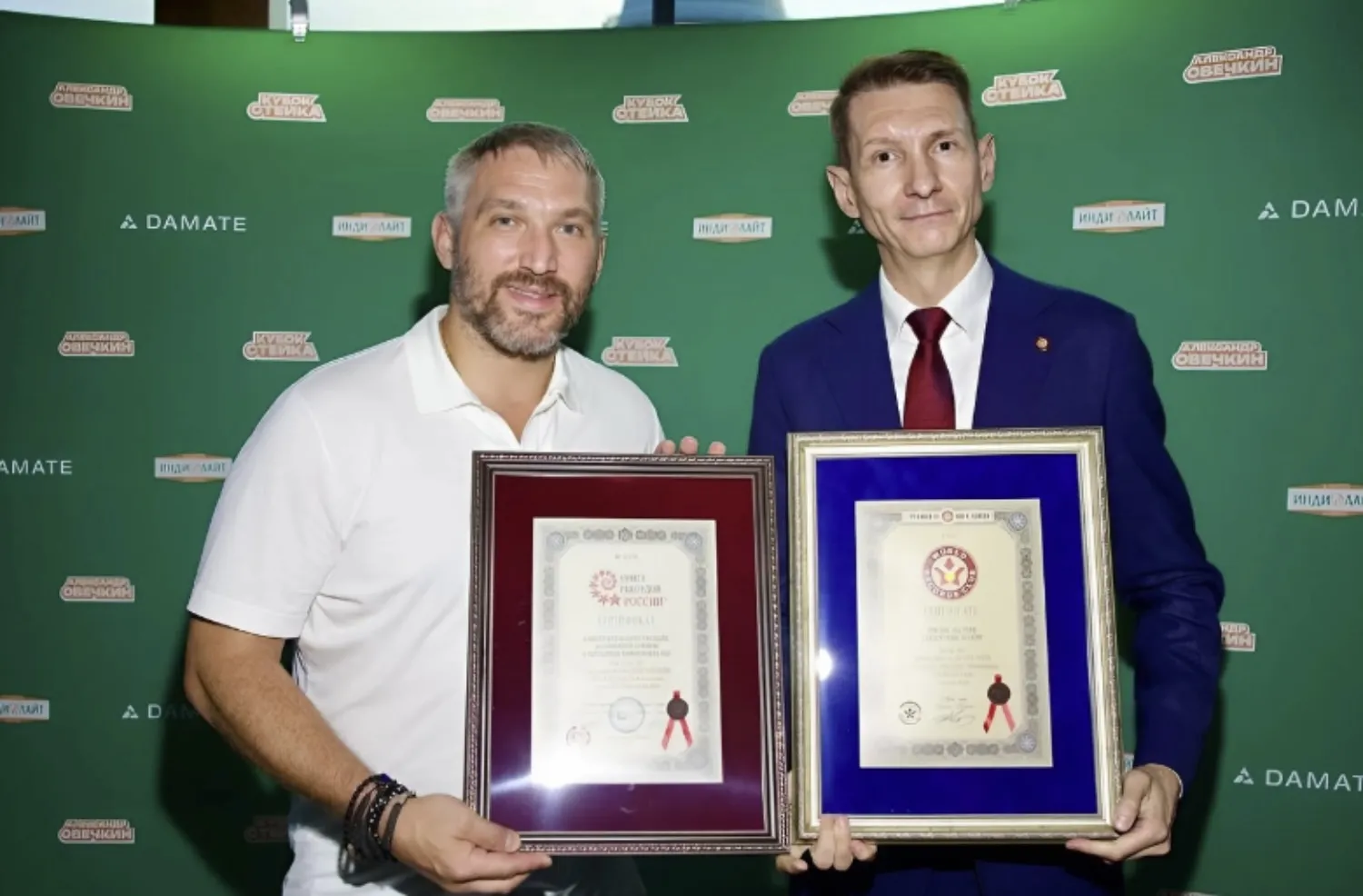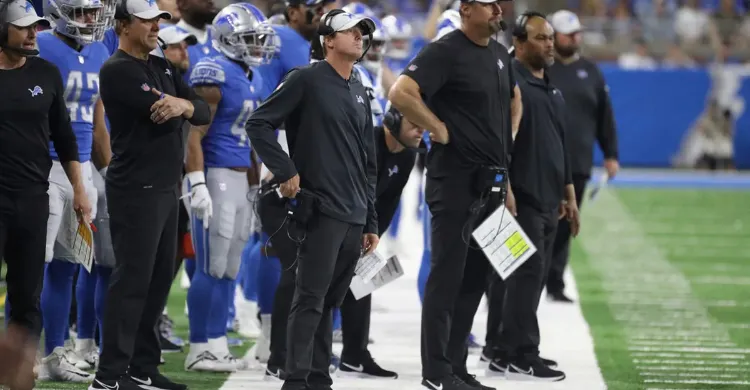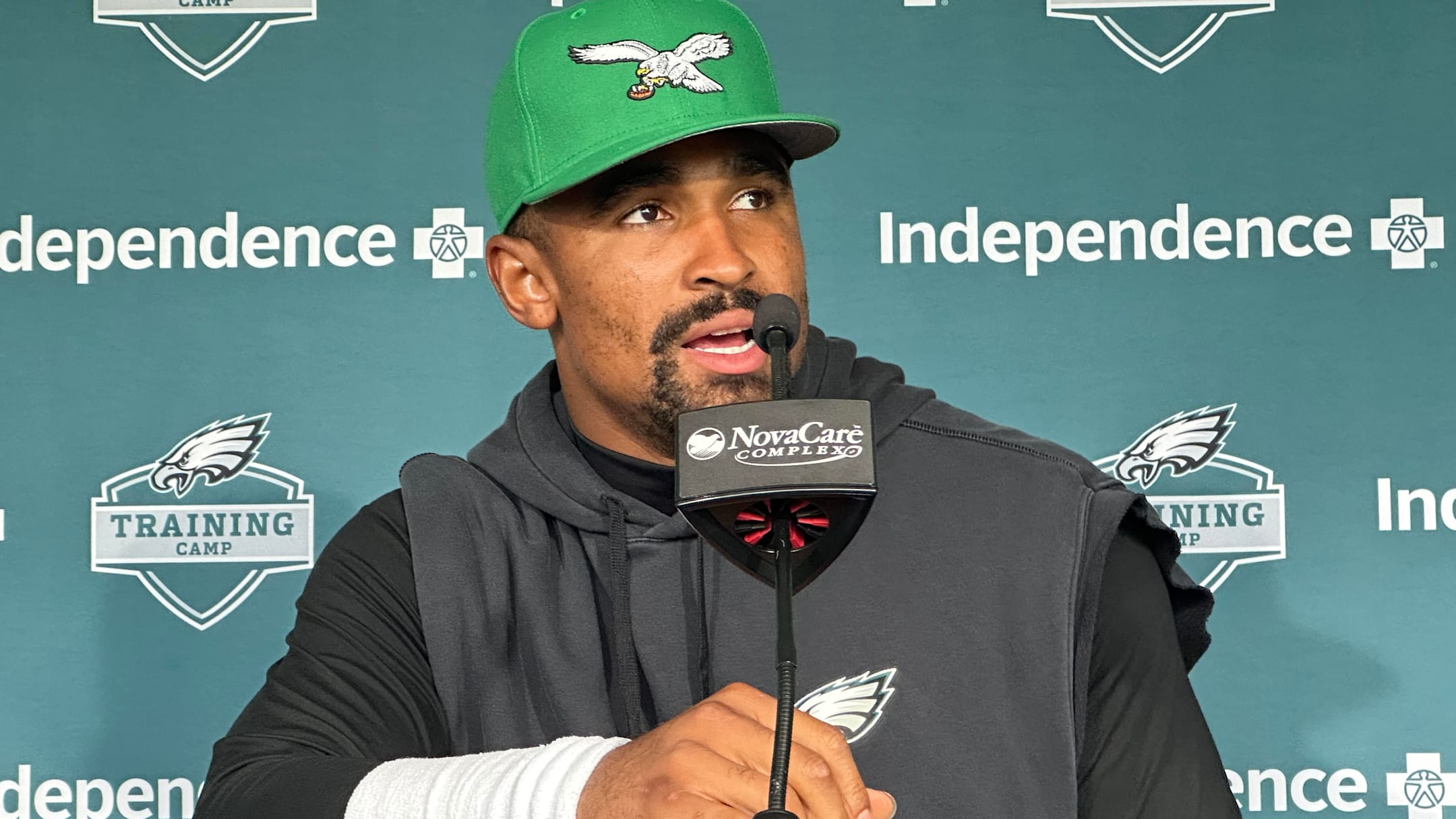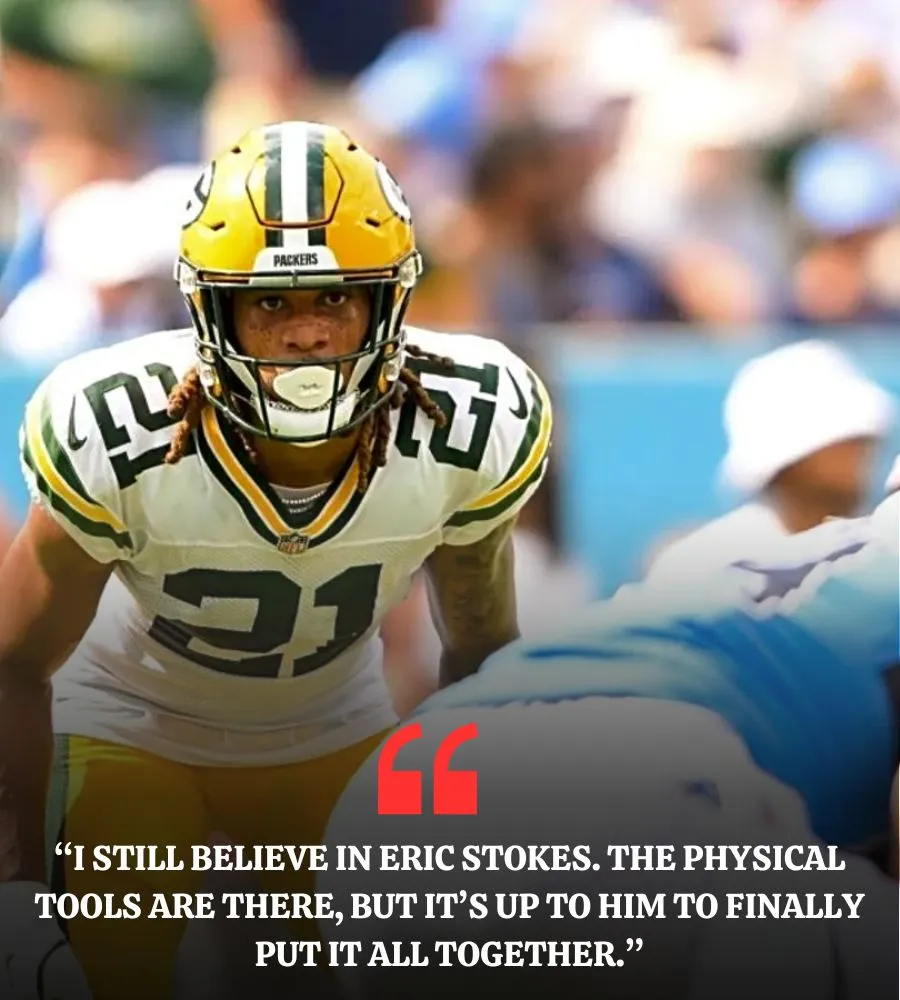Titans front office hints at Brian Callahan's future job security in the wake of ESPN report of firing 'consideration' in January
The Tennessee Titans hope they’re about to enter a new era as a franchise. Cam Ward is the presumptive face of the team for the foreseeable future. Mike Borgonzi and Chad Brinker’s revamped front office is taking a new approach to building this team back up. A new stadium is on its way in Nashville. The Titans are in a rare moment of change.
One of the big changes they made back in January was firing GM Ran Carthon. And that change was almost an even bigger one, as reported by ESPN this week. But I recently spoke with members of the front office both on and off the record, and I think the window for coaching change is closed right now. I think Brian Callahan is safe in 2025, and it has more to do with the path this franchise is on than his personal performance. Here’s what we’ve learned in the past week, and what I think it means:

Titans Nearly Fired Brian Callahan
ESPN Titans reporter Turron Davenport and national reporter Jeremy Fowler released an article on Monday detailing the Titans plan for Cam Ward, looking back on this year’s process and looking forward to what the future may hold. It’s a good read, check it out here:
Here’s the excerpt on Callahan’s job security that raised a lot of eyebrows, and is pertinent to the information I have to share here from the front office:
"Adams Strunk fired Carthon on Jan. 7, then turned to Brinker to fix the problem. Brinker handpicked Mike Borgonzi, a longtime Kansas City lieutenant, as GM. Both Borgonzi and Brinker come from places that value longevity, which requires patience. There was consideration given to completely cleaning house and sending Callahan on his way along with Carthon, multiple Titans sources confirmed. Callahan and Carthon had a close relationship, and having the No. 1 pick gave Tennessee an opportunity to bring in a new general manager, coach and rookie quarterback at the same time. But the front office took an honest look at the talent on the roster and factored that into Callahan's record in his first season. The front office didn't lose sight of Callahan being one of the league's in-demand coaching candidates when the Titans hired him."
Turron Davenport is a friend, and he did a great job with this piece. I’m glad he got this out there and on the record. That being said, I’m surprised by the reaction to this revelation. Respectfully… duh? Of course the team considered firing Callahan after finishing dead last in the NFL. Amy Adams Strunk surely looked around and considered firing just about everybody on her payroll.
More importantly in terms of a timeline, this was a team gearing up to take a franchise quarterback with the 1st overall pick. And this is where responsible team-building and hiring/firing process comes into play.
Continuity Is Key For Young Quarterbacks
Last week in Flowery Branch, Georgia, a handful of us on the Titans beat sat down with Titans Assistant GM Dave Ziegler on the record to talk through the team’s rebuilding process. The emphasis and importance of continuity to those in charge of this roster was made crystal clear to me that day. Here’s what Ziegler had to say about the role stability plays in successful organizations in the NFL:
"Continuity with your personnel department and your coaching staff, and the continuity of the coaching staff and the players... when you look at most of the successful organizations, there's a level of that, right? So I think it's really important. You have to understand on the personnel side what each cook has to cook with. How good of a meal can they cook with what they have... So I think you have to have expectations on what you're looking for and what the growth needs to be. But when you look at the teams that have had long term success, there's a lot of continuity with the coaching staff. And so that's the ideal goal. And so we'll measure that by how these guys grow and how they improve. And there's a level of expectation I think that needs to be appropriate based on what they're what they have in their room, too."
continuity is important for everybody trying to develop on this roster, of course, but the stakes are the highest with Cam Ward. Here’s what Ziegler had to say about what a lack of stability would mean for their new QB:
"There's a saying that organizations fail quarterbacks more than quarterbacks fail themselves. And you're seeing a kind of rebirth of (Sam) Darnold, right, a rebirth of Baker Mayfield. Guys that went in and had a couple different coordinators in two to three years, didn't have continuity on the offensive line, got hit a lot. And I always make the comparison of like, when a quarterback comes in and you start to make changes, the first year they're learning Spanish, 101. You change the OC or the Head Coach. Now they're learning French, and then you do it again. Now they're learning Italian. And they've never had a chance. They can't speak any of it because they've never had the chance to actually really integrate themselves with the language if you will, or the playbook in the offensive system."
Nurture vs. Nature truly is a massive part of success in the NFL, and for a position as difficult and critical as quarterback, it can almost be everything. Recent high profile examples like Mayfield, Darnold, and Geno Smith appear to be strong evidence of that. And there are recent examples of tremendous young growth due to healthy continuity too, which Ziegler pointed out.
"This position is one of the hardest positions to play in sports, and it's a tough position to play. And so in an ideal world, that continuity can be very impactful on a quarterback's level of success. Josh Allen's a good example of that, he has Brian Daboll for the first four years of his career. And you saw a lot of growth in Josh Allen from where he started. And I thought that continuity, to me, can be really, really important."
I’m glad Ziegler chose to go on the record with us to share these thoughts because, frankly, it’s a sentiment that has been continuously shared with me behind the scenes as well. The people in charge around here really, truly want to get this franchise off this dysfunctional merry go-round. They really want to embrace patience. And they really don’t want to screw up Cam Ward.
The Bar To Fire Callahan And His Staff Is Very High In 2025
That’s the monster they’re afraid is behind the “fire Brian Callahan” door: failing Cam Ward. This is the primary reason why I would bet good money today that Callahan and his staff are given more than just 2025 (let alone a mere portion of it) to make things work. I have good reasons to believe the folks above Brian Callahan like him and beleive in him working out, but I don’t even see those things as the primary reason why I feel good about him surviving this year. In a weird way, his survival might have more to do with Cam Ward than it does with Brian Callahan’s personal performance.
The powers that be are terrified of ruining Cam Ward. And good on them, because they absolutely should be. Doing right by your 1st overall pick lottery ticket should be an instinct that overrides all other, lesser urges and desires. It should feel like driving home with your baby from the hospital, knowing there’s no handbook for this, but that you’ll do everything you can think of to make it work. And the best teacher is the history of those who’ve had success doing this before you.
That history is what Chad Brinker and Mike Borgonzi are leaning on. Borgonzi obviously comes to Tennessee off the heels of an all-time run of success and stability in Kansas City. Brinker cut his teeth in Green Bay, with an education at the Ron Wolf school of team building. The Packers are the model of stability since Wolf and his acquisition of Brett Favre set that organization straight.
These two know first-hand what it takes to not fail a young franchise quarterback. And they know first hand what a healthy dose of organizational patience and perspective can do for you. I also believe that one of the fundamental reasons why they feel patience will pay off with Callahan is because of where exactly his strengths and weaknesses in Year 1 were.
A lot of coaches get fired very early because it’s evident they don’t know how to scheme up a modern football team. Or that they can’t adjust as the league ebbs and flows. Or that they can’t handle situational football decisions. Or that their players simply don’t respect them. I don’t believe that’s what the decision-makers for this team are worried about with Callahan. He checked these boxes in his first year.
The areas for growth in Callahan’s second year are mostly capital H, capital C Head Coaching things. Management, delegation, versatility. The kinds of executive things a coordinator by trade has little experience with. That shouldn’t come as much of a surprise, given Callahan’s background. And the early returns on his growth as a coach in these areas have been largely positive. If you’ve paid attention throughout the summer, you’ve probably seen glimpses of this in the offseason program and how his players and coaches speak of his operation. But it’s the experience that this front office has in those elements of leadership, and Callahan’s self-awareness and willingness to grow, that I believe gives his bosses confidence in him going forward. I think there’s a “we can get him there” mindset with some of these things, while he’s already got the technical elements of coaching down.
one more touchpoint on gauging Callahan’s future in Tennessee is Cam Ward’s words. The young quarterback’s success is both dependent on Callahan and, I think, likely to prop his job security up this year no matter what (within reason). Ward is a smart guy, and he seems to have a keen understanding of this symbiotic relationship. He’s done a very good job being proactive with pre-campaigning for Callahan to stay in the good graces of fans and leadership alike. Last week in Atlanta, he gave this thoughtful answer on the continuity he wants to see:
“I just think (Callahan)’s going to put me in the best position to succeed. That’s for my quarterback coach, Coach Bo (Hardegree) and OC Coach Nick (Holz). I’m trying to play as long as I can for Tennessee with those three guys at the helm. Those guys, they continuously give me feedback, even when I don’t want feedback. They continuously get me better when I ask questions, they answer every question to the little details as much as I need it. I’m blessed to have those three in the same room with me. They push me to be great. I want to be one of the best quarterbacks in the NFL, and I just think the more that we continuously build our relationship, us three, Coach Callahan continuously getting to know what I like on the field and me also being smart with the ball, gaining that trust every day for him to have those playcalls where he wants to go deep or run quick game. I just think it will help all three of us out in the long run.”
He reiterated the importance of continuity to him today after practice. “I want stability, I want to be able to build people” he told us at the podium. As long as he’s the player on track to become the face of this franchise, throwing his weight around like that will be effective. And in the event he realizes Callahan’s staff is detrimental to his success, he’s likely to still have the cache in the next year or two to change his mind and have the opposite impact. Being the 1st overall pick quarterback a team is banking on tends to have that effect.
Cam is playing his cards wisely, and the bottom line here is that this front office is trying to do the same. Responsible organizations with good foresight know the the time to make a change as fundamental to your structure as the coaching staff—when in the midst of trying to hit big on a young QB—is either right away, or a couple years down the road when he’s gotten his feet under him. If they had any significant doubt about Callahan’s ability to figure this thing out, they should have sent him packing in January. They decided they didn’t, and now they’re going to try to be patient enough to not consider that again until Cam can at least get a year or two under his belt. Now you just have to keep everybody in line through the ups and downs of a rocky season, sticking to the plan. That can be easier said than done in the NFL, but this leadership group seems awfully confident they can pull it off.






